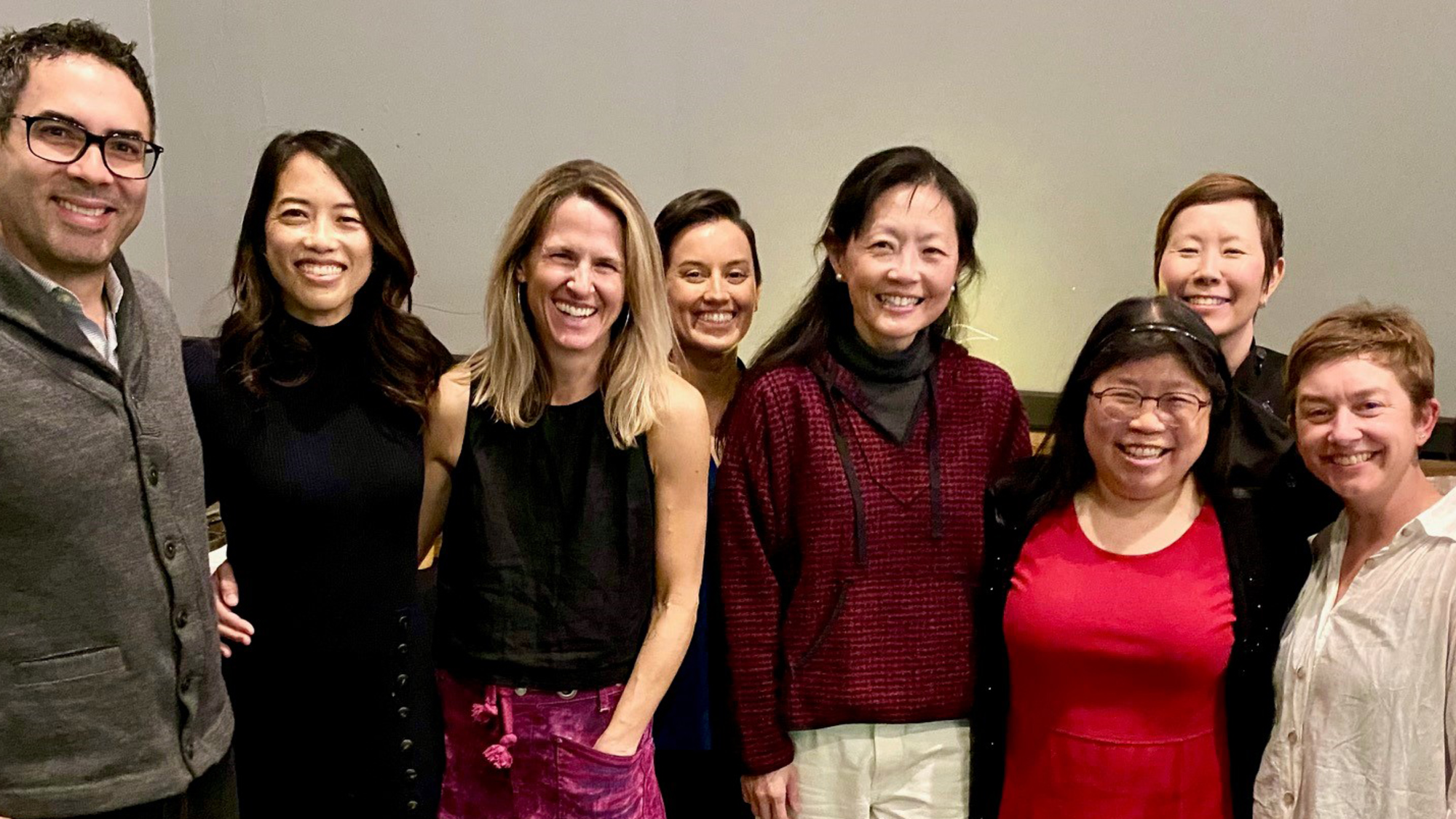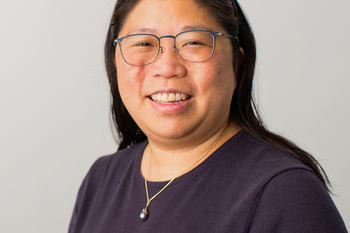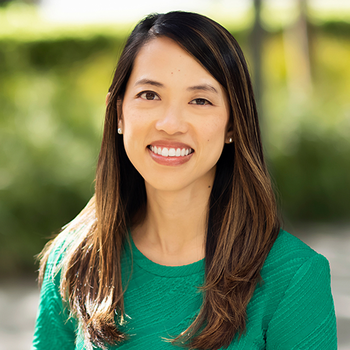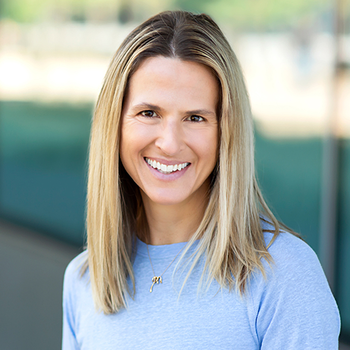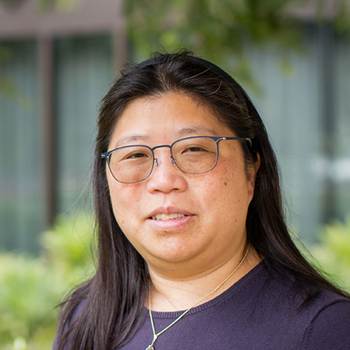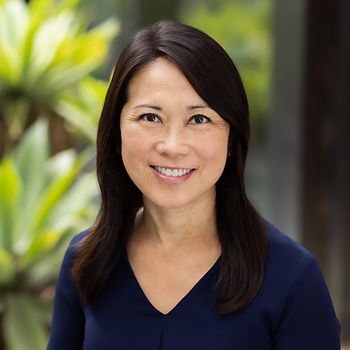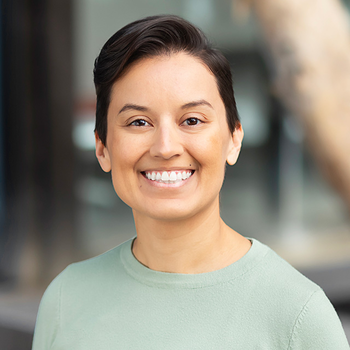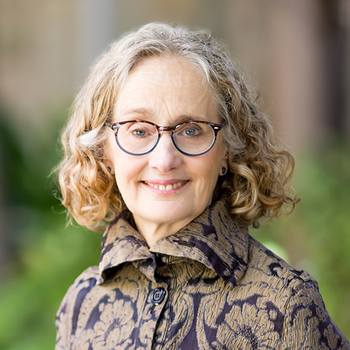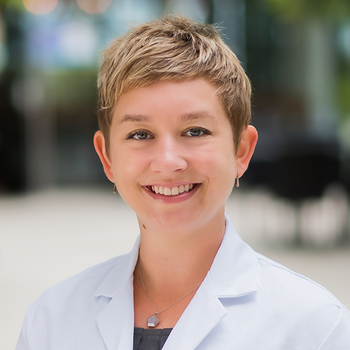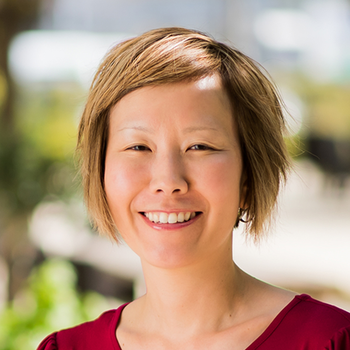Gynecologic Cancer Tissue Bank
Our gynecologic oncology tissue bank was established in 1996 and is a clinically annotated resource of tissue and matched blood to support research investigations nationwide. We have contributed high-quality specimens to research projects such as The Cancer Genome Atlas (TCGA) and other NCI designated cancer centers. It is the mission of the tissue bank to support both internal and external research investigations to improve our understanding of the biology of gynecologic cancer in service to the identification of novel cancer treatments. We currently have more than 1,500 annotated human cancer specimens from the full spectrum of rare and common gynecologic cancers. The Gynecologic Oncology tissue bank is supported by private and departmental funding. We are interested in exploring collaborations.
Please contact [email protected] if interested.
Global Health Medical Training and Research in Uganda
Unfortunately, there is great disparity in access to cancer treatment and outcomes around the world. While low and middle-income countries (LMICs) experience the greatest burden in terms of incidence, morbidity and mortality of cancer, just a fraction (7% ) of total resources spent on cancer worldwide are dedicated to these less-developed countries. This funding discrepancy leads to limited options and poor outcomes.
UCSF’s division of gynecologic oncology is working to improve gynecologic cancer care in sub-Saharan Africa though education, clinical capacity building, and research. We have developed a bilateral exchange and partnership with the Uganda Cancer Institute and Mulago University, which serves as the largest public institutions for women's and cancer care in Uganda.
Worldwide, cervical cancer is the fourth most common cancer among women, but in Uganda, like many countries in East Africa, cervical cancer is the most common malignancy and is responsible for the greatest cancer-related mortality among women. Because of a lack of systematic screening and early detection, most women present with advanced-stage disease and survival is poor. Dr. Megan Swanson's research is focused on the disparities in access to care and in outcomes for women with cervical cancer as well as in the availability of effective screening and prevention methods. She has worked on identifying barriers and facilitators to cervical cancer screening and care in East Africa and is developing innovative pilot implementation projects in Uganda to increase screening and treatment opportunities.
Since 2011, Dr. Stefanie Ueda has been training physicians from Africa in complex surgery and cancer directed care. Through philanthropic efforts, the first in-country fellowship in Uganda was started in October 2017. Nine graduates have successfully completed the program as of January 2023, including physicians from Tanzania and Liberia. Our fellowship program has been selected by the Society of Gynecologic Oncologists and the International Gynecologic Cancer Society as an international training site in gynecologic cancer care and education, with one of the largest number of graduates among programs worldwide.
We thank Dr. John Kerner, Dr. Edward Hill, and their families for their generous support. If you would like to donate to these projects, please feel free to contact our office.
Winning the War on Women's Cancer - Introduction to Women's Cancers UCSF Osher Center for Integrative Medicine Mini Medical School for the Public
As gynecologic cancers can be devastating diseases, they can affect nearly everyone directly or indirectly in our society. In recent discoveries and advance treatments Dr. Chen and the Division of Gynecologic Cancer were able to understand the biology and genetics of these cancers. This helped provide new strategies for prevention, early detection of these cancers, and new types of cancer therapy that target gynecologic cancers more specifically with fewer side effects. As a result, death rates have decreased and the improvement of quality life increased. By viewing these course lectures you will learn how early detection, improvement of side effects from novel treatments assist improve the cure and quality of life for those with gynecologic cancers.
